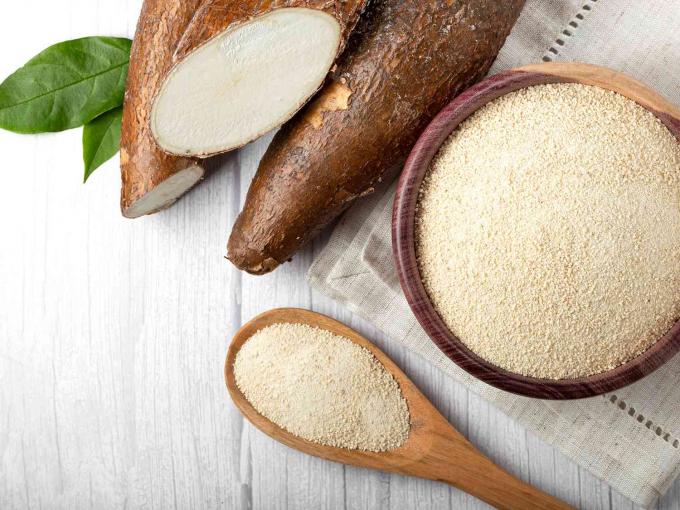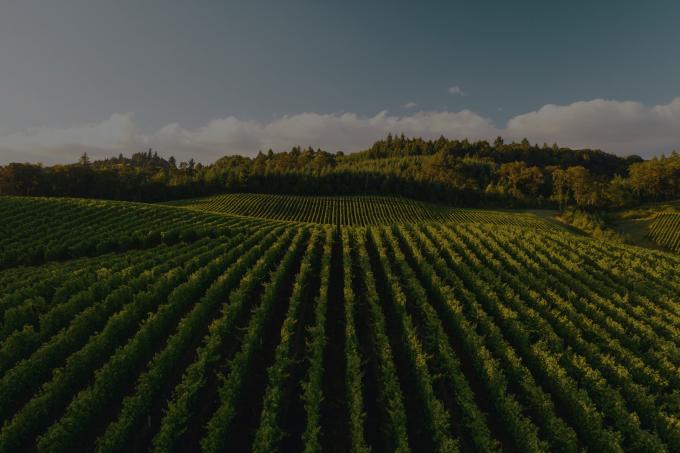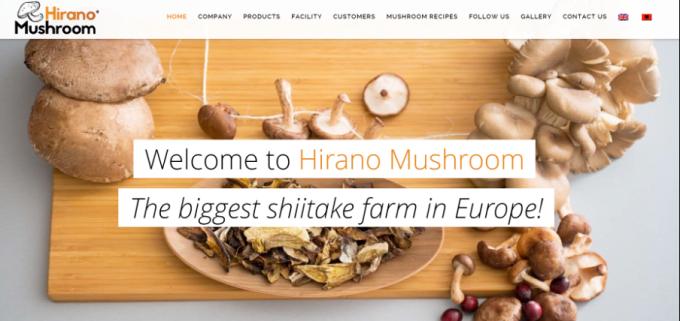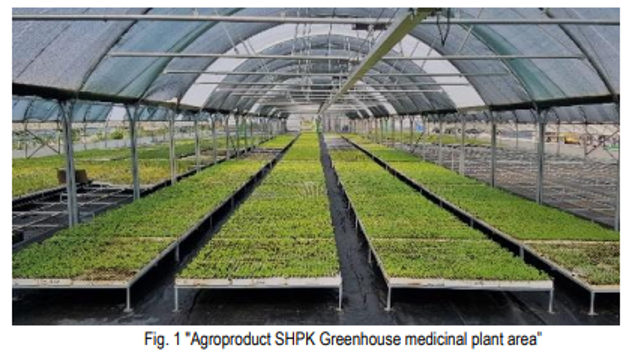Period
2020 - 2022
This practice addresses the critical need to boost cassava flour production in semi-arid regions of Kenya, particularly in coastal areas, where cassava is a staple food and the challenge of distant processing centres. The initiative introduces an innovative approach to flour processing, focusing on decentralization and community empowerment. By collaborating with coastal counties, a strategic model for implementing a decentralized food production system in Kifili and Kwale County was developed. A pioneering method of flour processing has been adopted, allowing farmers direct access to small-scale facilities near harvesting areas. These facilities, strategically located, can efficiently process large quantities of cassava for drying, eliminating the need for arduous and costly transportation to distant processing centres. The decentralization of processing centres has sparked a transformative change within local communities. Farmers and traders alike have embraced the new model, recognizing its potential to alleviate transportation challenges and enhance the efficiency of cassava production. Inspired by the success in Kwale County, numerous groups have replicated the model in their respective areas, signalling a widespread adoption and scaling of the innovative approach.
You must be registered to see all the content
Identification needs
Local communities in some semi-arid areas of Kenya, such as coastal areas, have identified the need to increase the production of cassava (Maniot Esculenta) flour, a food that is fundamental to local diets and food security. The distance of processing centres from where cassava is grown and harvested is the main reason for the abandonment of the crop.
Stakeholder change
The intervention of CIHEAM Bari, together with the coastal counties involved in the project, defined a strategic model for the implementation of the food production system in the Kifili and Kwale areas. In particular, with regard to Kwale County, an innovative method of flour processing has been adopted that allows the farmers involved to have direct access to small-scale facilities located close to the harvesting areas and capable of processing a significant number of hectares of product for drying. This proximity is proving to be a key element of change, as it greatly reduces the problem of transport and associated costs, avoiding exorbitant journeys to the original larger but more distant centres for flour collection and processing. The model has been well received by numerous groups of farmers and traders in the area, who have in turn replicated the model in their respective areas of interest.
Change triggered
The project aims to redefine and implement cassava cultivation through the decentralisation of processing centres, which will be smaller and better distributed throughout the territory.
Short description











.png)


